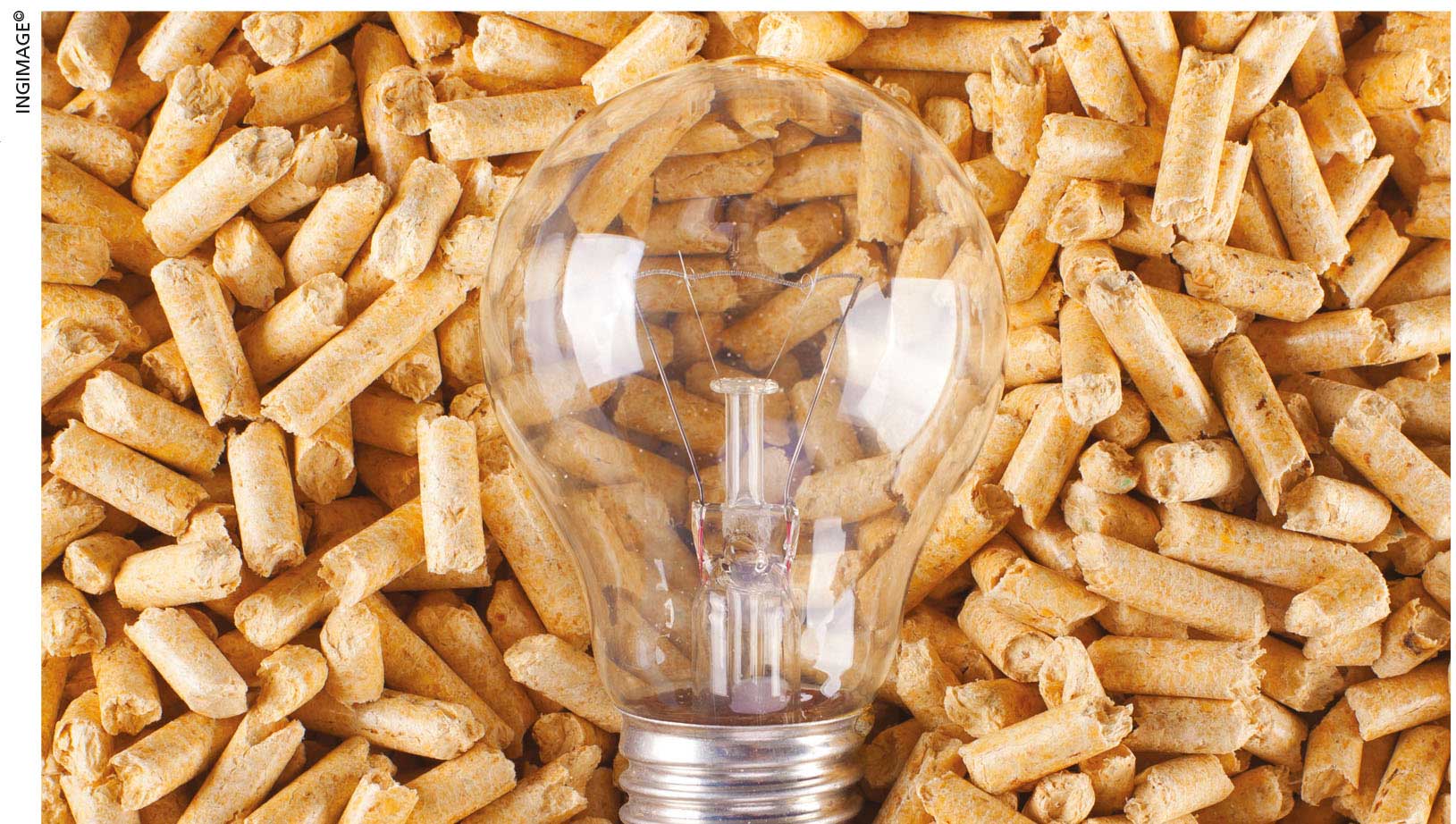AGRICULTURE SECTOR
BIO-BASED FARM ECONOMY
Akila Wijerathna favours the implementation of sustainable farming practices

The bioeconomy encompasses more than biotechnology or biofuels; it’s the use of biological resources to develop processes based on biological knowledge, and produce goods as well as services, for efficient and sustainable economic growth.
And it relies on every biological resource available – i.e. animals, plants, microorganisms, soil and organic waste.
A bioeconomy includes and interlinks diverse systems: land, water and marine ecosystems; and the services they provide such as agriculture, forestry, fisheries and aquaculture. There are also economic and industrial sectors that use biological resources and processes to produce food, feed, fibre, bio-based products, herbal medicines, energy and services.
The main challenges for a bioeconomy are exponential world population growth, the scarcity of natural resources over global demand, climate change and diminishing nonrenewable energy resources. A bioeconomy evolves through these challenges.
We need to strive for more sustainable and circular use of the available bio-resources through knowledge-based production, as well as the use of renewable resources in all economic sectors.
Agriculture plays a central role in a bioeconomy, and is completely dependent on biological resources to provide biomass for food and other bio-based sectors – such as energy, wood, clothing, biochemicals and biopharmaceutical products.
During the Green Revolution, the rural farming community received subsidies to adopt agricultural processes such as genetic uniformity, intensive use of agrochemicals (fertilisers, weedicides and pesticides) and heavy mechanisation.
These processes have caused a major expansion in the use of land, water and other natural resources for agricultural purposes. The same period witnessed the industrialisation, as well as globalisation of food and agriculture; a dramatic deterioration of the ecosystem; decreases in agricultural biodiversity and environmental services; and impoverished rural populations.
Therefore, it’s important to develop farm production systems that integrate agro-production with renewable energy and environmental preservation.
For this, cooperatives must intervene to promote renewable energies and organic agriculture; and provide technical assistance and rural extension services for agro-ecological transition, agro-forest implementation and environmental education.
Bioeconomic projects require specific legislation that values environmental preservation. There must be a national agricultural policy that doesn’t change with political policies.
Public policies and their financing agents require favourable and differentiated conditions to establish a bioeconomy. It needs new indicators and integrating efforts of various sectors to support projects until they’re technically and financially consolidated, and reach the social maturity required for their continuity.
One suggestion is to increase taxes on agrochemicals (i.e. chemical fertilisers, hormones, antibiotics, and oil and coal derived energy), creating a fund for bioeconomy development in rural communities. An appropriate legislative framework will create the legal security needed to implement sustainable undertakings that have access to financing and space for marketing products.
Universities and research centres should direct their innovations towards agro-ecosystem technologies and management processes that focus on soil, water and energy conservation, increased agro-biodiversity and the promotion of nutrient recycling practices.
These institutions must also integrate technical and scientific knowledge with local practices and know-how, and build trust and interdependent relationships between rural and urban populations.
One of the biggest problems confronting agro-ecology and organic agriculture-based bioeconomy projects is the lack of infrastructure for production, storage and processing products. There’s a marked absence of companies engaged in the production of organic inputs used in agriculture, livestock breeding and forestry.
Furthermore, cultivation methods and market access need to be improved.
Importantly, smallholders, producer groups and cooperatives must be reorganised. These processes take time, and a gradual transition and transformation should be followed to develop farming systems where production is economically viable, and socially and ecologically sustainable.
Bioeconomic initiatives have enormous potential to establish new sustainable production and consumption systems, based on the cooperation and leadership of farmers who are marginalised, and unable to access markets with higher added value.
However, such initiatives depend on the internal strengthening, cooperation and expansion of the relationships with urban societies that support the project morally and economically, since institutional support from national governments is scarce and politically biased.




